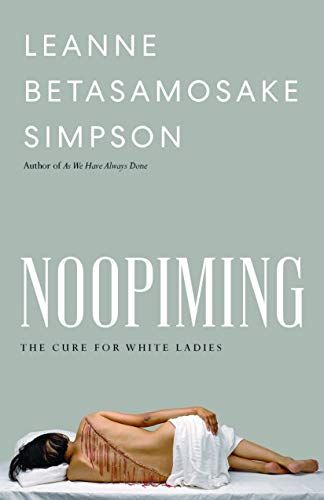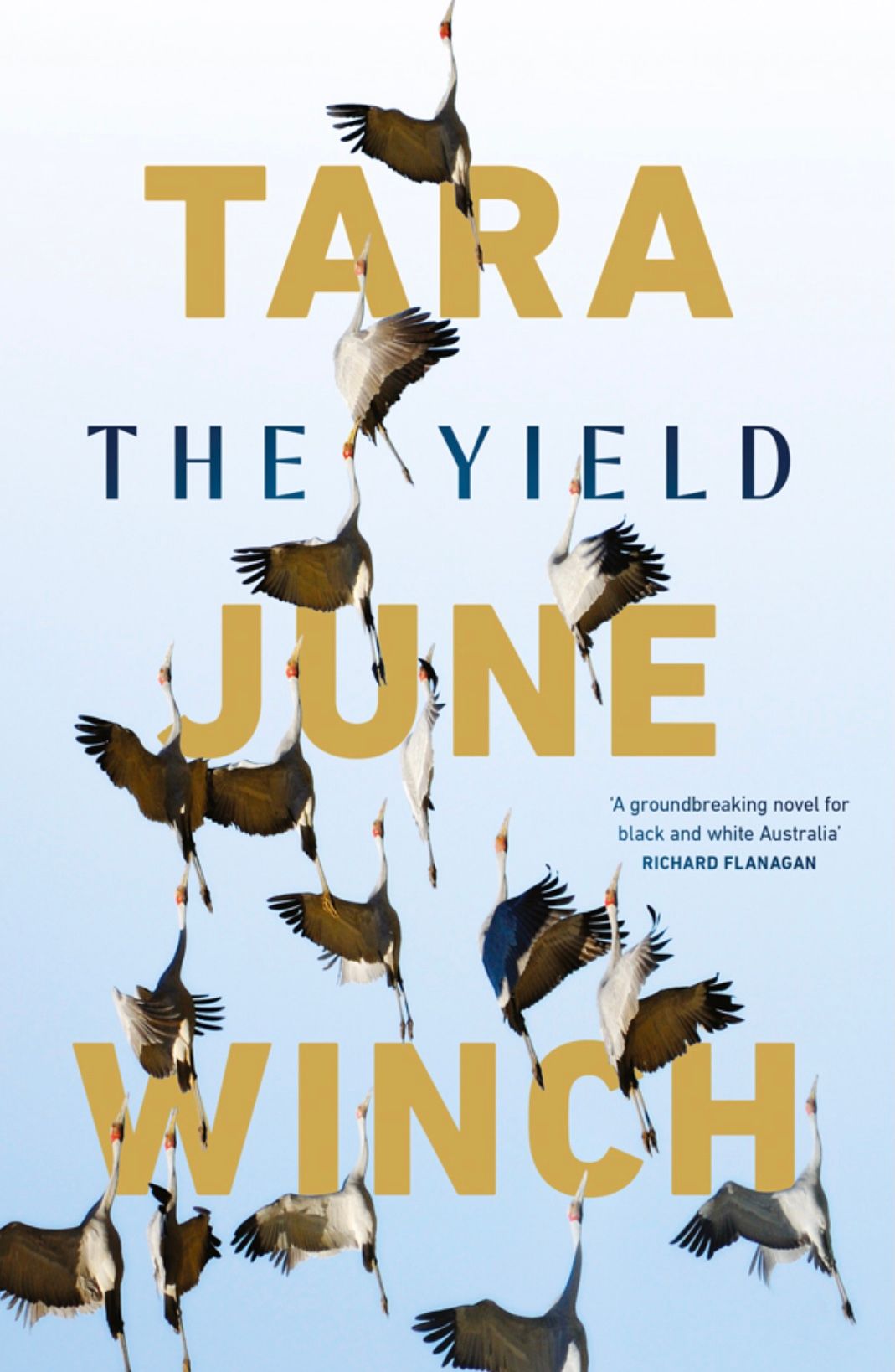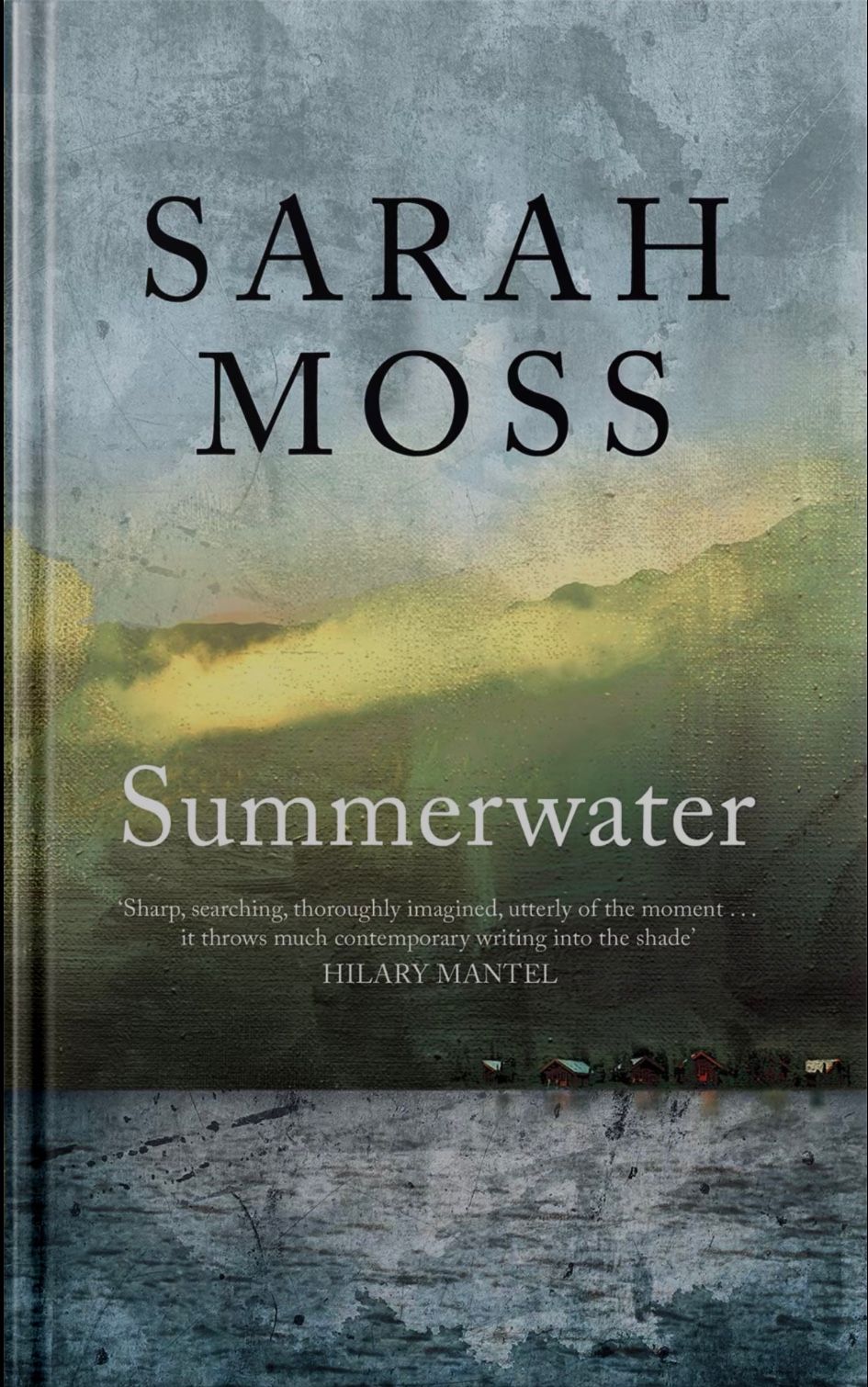BLACK HELEN OF TROY
If true the casting of a Black woman, Lupita Nyong’o, by the director Christopher
There are books I read because, well, we're told are unmissable. I usually copout in more than half of them and don't finish for one reason or the other. As someone who believes all major stories have been told, that what really remains now is how we tell them from our unique point and worldview, I am starting to fiercely guard my reading time. After I'm to feel slowly running out of decades to burn. So my reading preference is slowly being limited to my subjective taste. I don't really care about the story as long as it is told well. The plot doesn't really interest me much if characterisation is good and there's an above average attention to language quality.
Most of the time I don't share my subjective books preference I read for myself because of this subjective and personal nature of my preference. I guard and protect myself against your public scrutiny, treating them as my secret pleasures. But I feel generous today; so I'll share three of them (in no particular order) I think will definitely make it to my top ten reads at the end of the year. I shall limit my exposition of each to one passage.

This is an American indegenous story that's told in heightened prose: fierce and uncompromising with poetic fragments and braids of humour. The detail is not just comprehensive but piercing and profoundly melancholy at times of wheeping for the past and what could have been. It is told with an abiding commitment to the zeitgeist of American native resistance, their loves and joys in celebration of their traditions and culture.

Native Australian, profoundly moving; exquisitely written, The Yield is the story of a people and a culture dispossessed. But it is as much a celebration of what was and what endures, and a powerful reclaiming of Indigenous language, storytelling and identity. It wonderfully begins with an epilogue from St Augustine: In the absence of justice, what is sovereignty but organised robbery? St Augustine is making a marvellous come back among us who are writing from a post colonial point of view.

Dawn. There’s no sunrise, no birdsong.
Light seeps over the water, through the branches. The sky is lying on the loch, filling the trees, heavy in the spaces between the pine needles, settling between blades of grass and mottling the pebbles on the beach. Although there’s no distance between cloud and land, nowhere for rain to fall, it is raining; the sounds of water on leaves and bark, on roofs and stones, windows and cars, become as constant as the sounds of blood and air in your own body.
You would notice soon enough, if it stopped.
That calm voice of weary wisdom at the begining of the first chapter is carried throughout the novel without a single mishandled line. I believe there's something wonderfully profound happening in a way Gaelic speaking people are taking the English novel into rarefied heights by infusing it with their native dialects and storytelling nuances that were almost superseded by the crimes of english hegemony.